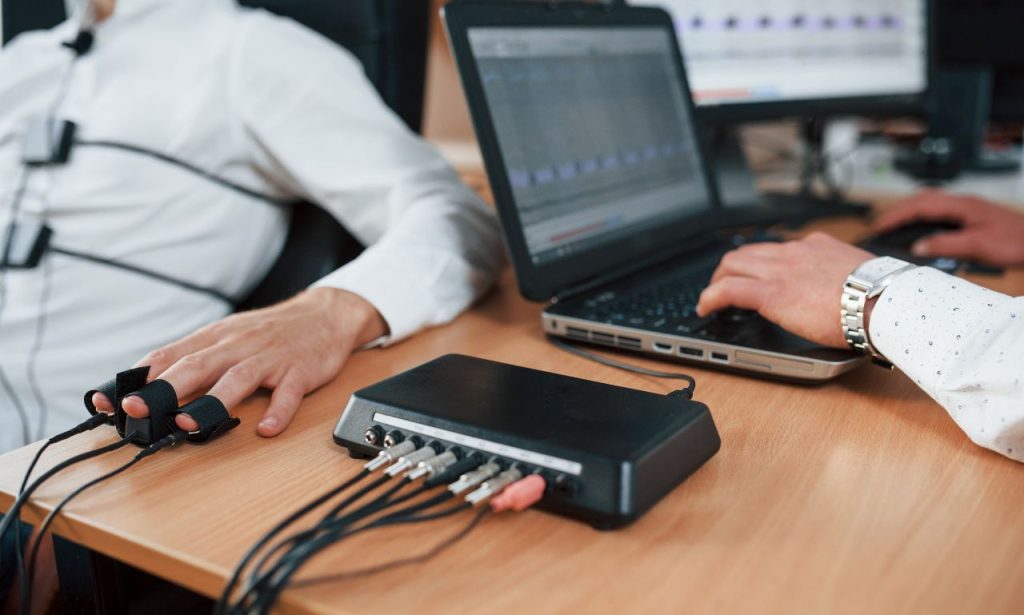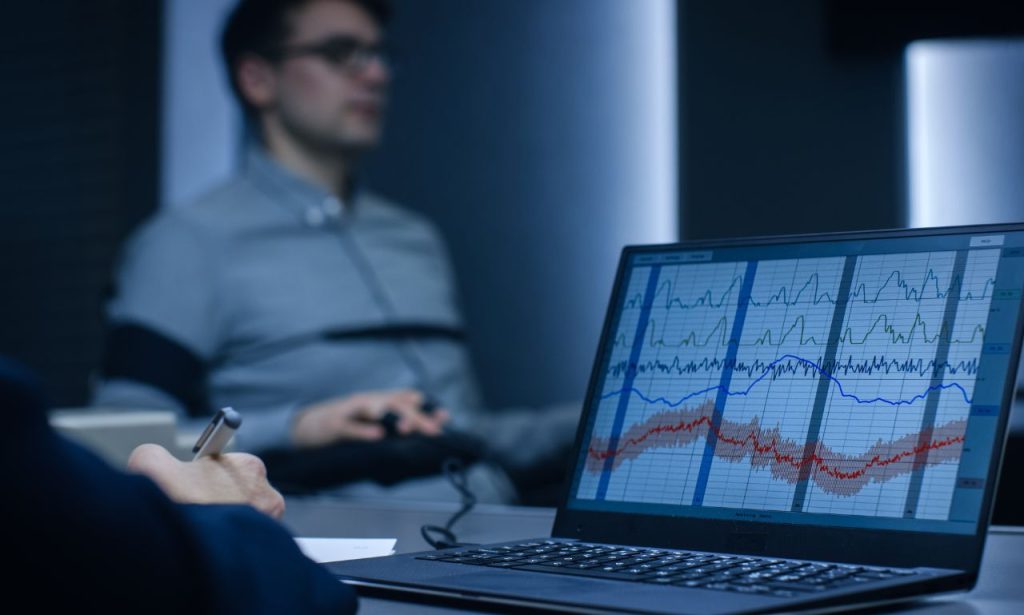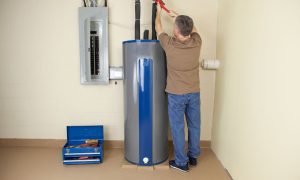In the ever-evolving landscape of forensic technology, the lie detector, also known as a polygraph, remains a widely utilized tool for evaluating the truthfulness of individuals. Whether in the context of criminal investigations, employment screenings, or personal matters, the ability to accurately determine whether someone is being truthful is of paramount importance. However, the cost of a lie detector test can be a significant factor to consider when seeking these services. In this comprehensive article, we’ll delve into the factors that influence the pricing of lie detector tests, explore the average costs across different regions, and provide insights on how to access affordable options.
Factors Influencing Lie Detector Prices
The cost of a lie detector test isn’t fixed. Numerous factors contribute to how much you’ll pay, ranging from the examiner’s expertise to the location of the test. Understanding these aspects is key to making an informed decision.
Examiner Qualifications
- Expertise comes at a cost: An expert polygraph examiner with a track record of accuracy charges more. You’re not just paying for the test—you’re investing in the experience that helps ensure the results are as reliable as possible.
- Seasoned professionals: Want a seasoned professional to administer your polygraph test? Expect to pay a higher rate for their knowledge and skill. But it’s worth every penny if you’re seeking accurate polygraph testing.
Location and Accessibility
- Where you take your test matters: Lie detector tests conducted in cities like New York or London cost more than in rural areas.
- Convenience and accessibility: Booking a test in high-demand locations often comes with a premium price.
Complexity of the Test
- Complexity affects costs: Some tests are simple, others delve deep. The complexity of your situation affects costs.
- Basic vs. comprehensive tests: If the questions involve deep-rooted issues or complex personal matters, expect a longer, more detailed polygraph examination—and a higher price tag.
- Duration impacts cost: A basic lie detector test could take an hour, but a comprehensive, multi-session test to untangle a web of questions takes longer and will add to the cost.
Type of Test Administered
- Different truth-verification methods: The polygraph test cost will depend on the type of technology used.
- Traditional polygraph vs. advanced technology: A traditional polygraph—with its combination of sensors and monitoring equipment—is typically cheaper than tests using advanced polygraph technology like brain fingerprinting or fMRI.
Average Lie Detector Test Costs by Region

Lie Detector Costs in the United States
- Cost range: In the U.S., expect to pay between $100 and $400 for a polygraph examination.
- Factors influencing cost: The price can fluctuate depending on factors like examiner expertise and test complexity.
- Metropolitan area pricing: In cities like Los Angeles or Chicago, it’s often on the higher end of that range. Costs could skyrocket depending on demand and specific booking details.
Lie Detector Costs in the United Kingdom
- Cost range: In the U.K., costs typically range from £150 to £500.
- Examiner experience and location: Examiner experience and complexity play a significant role. High-demand areas like London can make the average cost lean toward the upper end.
Cost Comparison by Region
- Economic factors: Different regions have unique economic factors impacting polygraph test costs.
- Metropolitan vs. rural areas: Metropolitan areas are always pricier compared to rural places. The general rule: if the cost of living is higher, the lie detector costs follow suit.
Why Prices Vary for Lie Detector Tests
Examiner Experience and Reputation
- Experience is crucial: When considering who will administer your test, experience is crucial.
- Expert recognition: An expert polygraph examiner—with industry recognition and memberships like the American Polygraph Association—adds credibility to your test, which comes with a price.
- Reliability assurance: A typical lie detector polygraph performed by a multi-state licensed examiner assures reliability. The more in-demand they are, the higher the price.
Quality of Polygraph Equipment
- Paying for tech: You’re paying for the tech behind the test.
- Newer systems cost more: Newer, more sophisticated polygraph systems are costlier. Accurate truth verification relies not just on the examiner but also on the equipment used.
- Cutting-edge technology: Investing in cutting-edge polygraph equipment adds to the final cost.
Legal vs. Private Purposes
- Legal purposes: Tests conducted for legal purposes, such as court proceedings or government employment, have specific requirements and standards.
- Detailed reports required: Legal tests may need a detailed polygraph report and can be considerably more expensive compared to private lie detector tests for personal use.
- Flexible schedules for private clients: For private clients, there are more flexible schedules and accessible prices. The primary concern should always be getting an accurate polygraph test, whether it’s for legal battles, trust issues, or peace of mind.
Affordable Options for Lie Detector Tests
Think lie detector tests are out of reach? Not necessarily. There are ways to make them more affordable.
Group Discounts
- Discounted rates: Some providers offer group discounts. This is a practical option if multiple people need testing—whether it’s for employment screening or resolving family disputes.
- Lower per-person cost: Group discounts reduce the per-person cost significantly.
Payment Plans
- Payment options: Certain providers may offer payment plans to make polygraph tests more affordable.
- Budget-friendly access: Payment plans help those dealing with tight budgets while still ensuring access to reliable truth verification.
Alternative Schedules
- Off-peak bookings: Booking your polygraph examination during off-peak hours or weekends might save you money.
- Discount opportunities: Some examiners offer discounts for less in-demand times.
The Testing Process

- Sensors and physiological monitoring: The examiner attaches sensors to monitor physiological responses—blood pressure, pulse, breathing rate, and skin conductivity.
- Natural responses: It’s not as intense as movies make it look; it’s more about how your body responds naturally.
- Question types: The examiner asks a mix of baseline and relevant questions, and the polygraph equipment records your body’s responses.
Tips for a Smooth Examination
- Stay Calm: Anxiety can affect your responses, which is why it’s crucial to stay calm.
- Avoid Stimulants: No caffeine before your test. Stimulants can increase heart rate and create false readings.
- Get Rested: Fatigue could influence your physiological reactions.
Alternatives to Traditional Polygraph Testing
Technology is evolving, and the field of truth verification is no different. There are alternatives to the traditional polygraph examination worth considering.
Computer-Based Voice Stress Analysis (CVSA)
- Voice stress measurement: CVSA measures changes in your voice that indicate stress.
- Emerging popularity: While it’s not as widely accepted as polygraphs, it’s gaining popularity for certain applications.
Brain Fingerprinting
- Brain response identification: Brain fingerprinting is a newer technology that identifies how your brain responds to specific information.
- Less invasive: Seen as less invasive and more accurate in some scenarios, though availability is still limited.
Functional Magnetic Resonance Imaging (fMRI)
- Brain activity analysis: fMRI looks directly at brain activity, showing areas that become active when someone tells a lie.
- Promising but costly: It’s a promising area of research but comes at a hefty price and isn’t widely available.
Making an Informed Choice
A polygraph test is an investment—whether it’s for family disputes, employment screening, or legal purposes. To ensure a fair examination and the best chances for a truthful outcome, always choose experienced polygraph examiners with solid reputations.
Practical Takeaways
- Choose convenient locations but understand that big-city tests may cost more.
- Know the quality of polygraph equipment used—the more advanced, the more accurate, but also pricier.
- Watch for hidden costs: Always double-check. Is there an additional fee for the report or a pre-test assessment?
- Don’t just pick the cheapest option: The goal is truth, and for that, you need reliable truth verification by accredited examiners.
Key Considerations Before Booking
- Private vs. legal: Are you booking the test for private reasons or legal obligations?
- Accuracy needs: Do you need an accurate polygraph test or advanced truth verification methods?
- Examiner expertise: Can you handle the cost of an experienced examiner, or are you looking for budget options?
Conclusion
The cost of a lie detector test can be a significant factor to consider when seeking these services. By understanding the various factors that influence pricing, exploring the average costs across different regions, and identifying affordable options, you can make an informed decision that aligns with your needs and budget. Remember, the accuracy and reliability of the test results are paramount, so it’s essential to work with qualified and experienced examiners, regardless of the cost.
ALSO READ: Is Fuel Induction Service Worth It?
FAQs
Lie detector tests, or polygraph examinations, have an accuracy rate that varies depending on numerous factors, such as the examiner’s expertise, the test’s complexity, and the specific context of the examination. While they can be a useful tool, lie detector tests are not 100% reliable and should be considered as one piece of evidence rather than a definitive determination of truthfulness.
In most cases, individuals have the right to refuse to take a lie detector test, unless it is required by law or a contractual agreement, such as in some employment situations. However, refusing to take a lie detector test may be viewed as suspicious or raise additional questions, depending on the context.
The duration of a lie detector test can vary, but typically, a standard examination can take between 1 to 2 hours, including the preparation, testing, and debriefing phases. More complex or specialized tests may require additional time.
Yes, it is possible to challenge the results of a lie detector test, particularly if there are concerns about the examiner’s qualifications, the testing procedures, or the interpretation of the data. Consulting with a legal professional or an expert in forensic psychology can help individuals understand their options for challenging the test results.
Yes, there are several alternatives to the traditional polygraph examination, such as computer-based voice stress analysis (CVSA), brain fingerprinting, and functional magnetic resonance imaging (fMRI) testing. These alternative methods utilize different physiological or neurological measurements to assess truthfulness, and they may be more appropriate in certain contexts.




